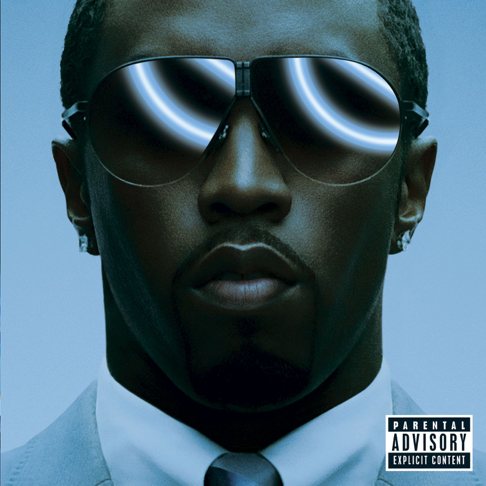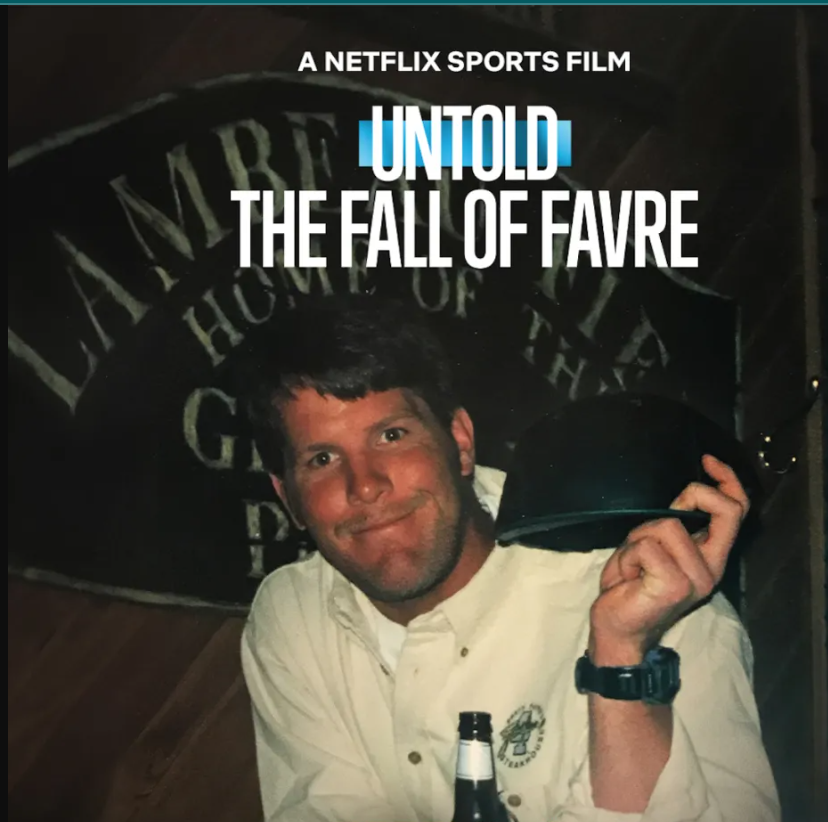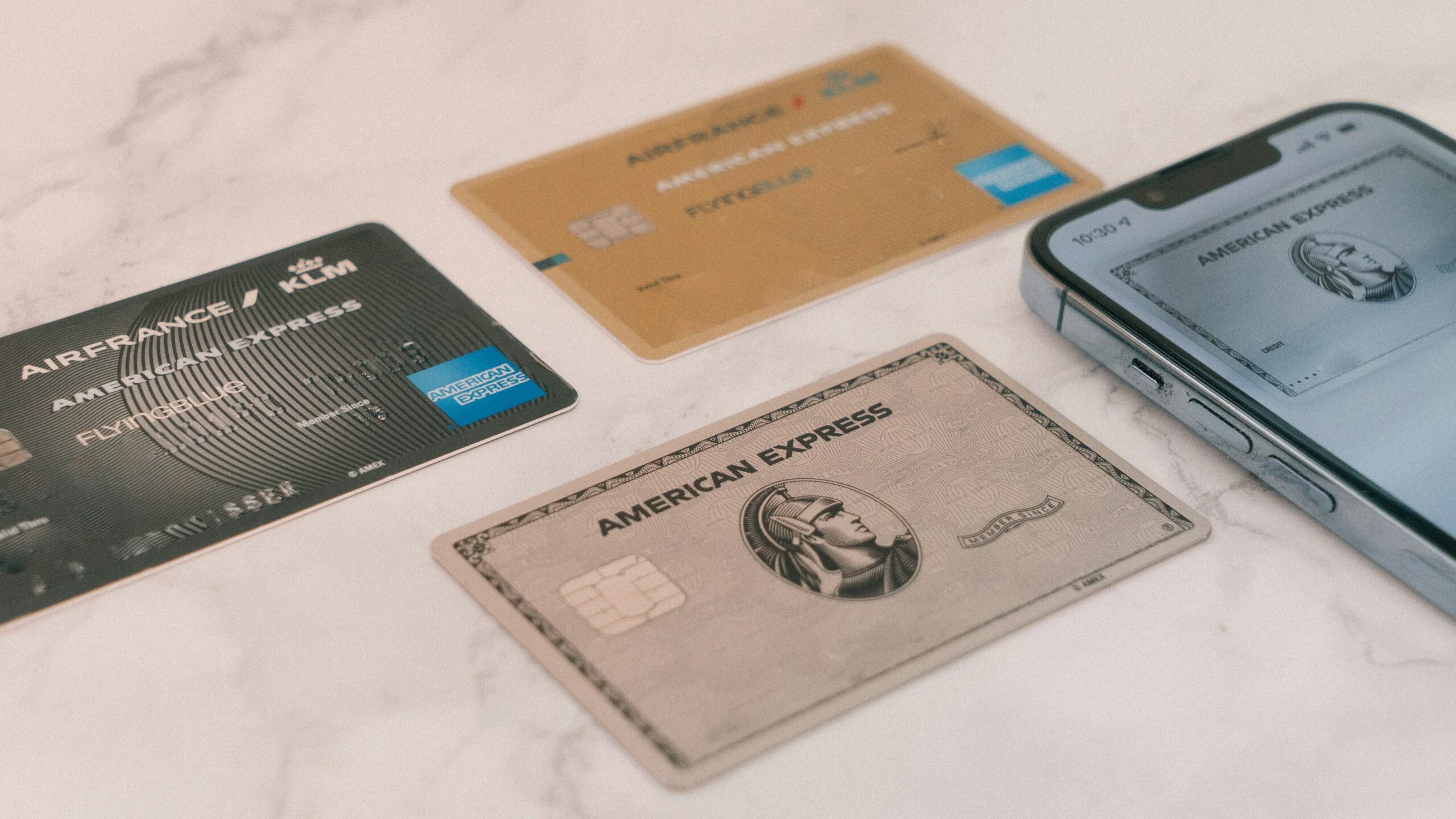Sean ‘Diddy’ Combs Trial: What You Need to Know About the Case
By Rohan Kapoor |

It’s the kind of story that stops you in your tracks: Sean “Diddy” Combs, the hip-hop legend who built an empire with Bad Boy Records, is now facing a federal trial in New York City, accused of crimes that could unravel his legacy. Kicking off with opening statements on May 12, 2025, this case has the world glued to every update, from allegations of sex trafficking and racketeering to the infamous “Freak Off” parties. A 2016 hotel video showing Combs attacking his ex-girlfriend Cassie Ventura has added fuel to a firestorm of accusations, making this trial a gripping mix of celebrity, scandal, and serious legal stakes. It’s not just a courtroom drama—it’s a cultural moment that’s sparking conversations everywhere.
For Americans and people worldwide, this trial is more than tabloid fodder. It’s a chance to grapple with questions of power, accountability, and justice in the spotlight of fame. Whether you’re catching updates on social media or diving into detailed reports, the case resonates because it challenges the image of a man who shaped music for decades. With a jury seated and witnesses like Cassie set to testify, let’s break down what’s happening, why it matters, and how you can stay informed about this high-profile legal showdown.
Unpacking the Charges Against Diddy
The Road to the Courtroom
Sean Combs—known as Puff Daddy, P. Diddy, or simply Diddy—rose to fame in the 1990s, launching stars like Notorious B.I.G. and shaping hip-hop’s golden era. But in November 2023, his former girlfriend and artist Cassie Ventura filed a bombshell lawsuit alleging years of abuse, rape, and coerced sexual acts. Though settled out of court, the lawsuit triggered a cascade of events: federal raids on Combs’ homes in March 2024, his arrest in September 2024, and now a trial on charges of racketeering conspiracy, sex trafficking, and transportation for prostitution. The allegations span 2004 to 2024, painting Combs as the head of a criminal enterprise centered on exploitation.
What Makes This Case Unique?
This trial stands out for its sheer scope and shocking details. Prosecutors allege Combs orchestrated “Freak Offs”—days-long, drug-fueled sex parties where women were coerced into sexual acts with male escorts, often recorded for leverage. A 2016 hotel video showing Combs assaulting Cassie is a cornerstone of the case, though his team insists it reflects a consensual, complex relationship. The use of RICO charges, typically for organized crime, signals the case’s severity—Combs faces life in prison if convicted. Unlike many celebrity trials, this one won’t be televised, heightening the intrigue for a global audience hungry for answers.
The Legal Showdown: Prosecution vs. Defense
A Battle of Narratives
The prosecution, led by Emily Johnson, argues Combs used his fame to lure women into a web of abuse, relying on drugs, threats, and violence. They claim his inner circle covered his tracks, like paying $100,000 to secure the 2016 hotel video. Evidence includes 1,000 bottles of baby oil and lubricant found in raids, tied to the “Freak Offs.” The defense, led by Marc Agnifilo and Teny Geragos, paints Combs as a “swinger” whose lifestyle was consensual. They argue the 2016 video shows workspace (showing domestic violence, not trafficking) and frame accusers like Cassie as motivated by regret or revenge, not coercion.
- Prosecution’s Key Points:
- Combs coerced women into “Freak Offs” using drugs and threats, recording acts for control.
- The 2016 hotel assault on Cassie is part of a decades-long pattern.
- His team destroyed evidence and intimidated witnesses.
- Defense’s Key Points:
- All acts were consensual, part of a mutual lifestyle.
- The 2016 video doesn’t prove trafficking, only a personal dispute.
- Accusations stem from “toxic” relationships, not crimes.
Why This Trial Resonates Worldwide
A Cultural and Social Turning Point
Combs’ trial is a lightning rod because it blends celebrity allure with allegations that echo the #MeToo movement. Once a hip-hop titan, Combs now faces scrutiny akin to R. Kelly or Harvey Weinstein, where fame allegedly shielded misconduct. The “Freak Off” details—lurid and unsettling—have sparked memes and debates on Twitter/X, but the core issues of abuse and power hit hard. For Americans, it’s a reckoning with celebrity culture; globally, it’s a universal story of accountability. Social media buzzes with reactions, from shock at raid findings to empathy for alleged victims. The trial’s non-televised nature only fuels curiosity, making every update a global event.
How to Follow and Engage Thoughtfully
- Track Reliable Sources: Since the trial isn’t livestreamed, follow outlets likeThe Washington Post, USA Today, or BBC News for live updates. People magazine’s trial coverage is great for accessible recaps.
- Dig into Primary Sources: Court filings or attorney statements offer raw details. Reporters like Meghann Cuniff on Twitter/X post real-time courtroom insights.
- Stay Grounded: Skip sensationalized takes. Focus on evidence like the 2016 video or witness testimonies to cut through the noise.
- Join the Discussion: Share thoughts on Reddit or Twitter/X, but keep it respectful—this case involves real trauma.
- Learn the Context: Explore resources on sex trafficking or RICO laws via NPR or Vox to understand the legal stakes.
A Case That’s Bigger Than the Headlines
Sean “Diddy” Combs’ trial is a seismic moment, blending the dazzle of fame with the weight of allegations about abuse, coercion, and power. From the chilling 2016 video to the shadowy “Freak Offs,” it’s a story that challenges us to rethink celebrity and justice. For Americans and fans worldwide, it’s a call to listen, learn, and reflect. Keep your eyes on the witnesses, the evidence, and the verdict—it’s a wild ride ahead. And as you follow along, here’s to hoping for truth, healing, and a bit of clarity in this whirlwind of a case.
Rohan Kapoor




